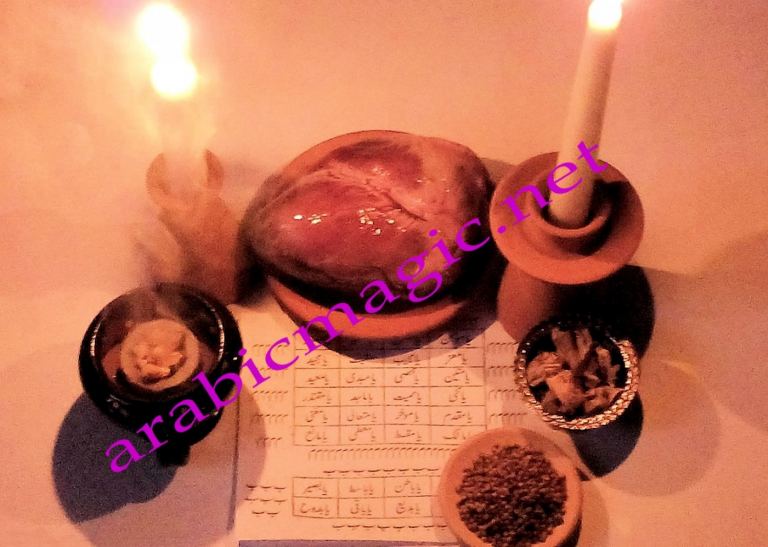Powerful Arabic Love Spell for Eternal Binding and Love Using a Bone/ Arabic Love Magic
This powerful Arabic love spell is designed to create an eternal magical bond between you and your beloved, ensuring a connection that lasts forever. The spell involves the preparation of a special taweez, carefully charged with summoning spells to call upon the assistance of Shaitan Jinn, entities known for their ability to influence human emotions and desires. A bone from a black hen is used as the central element of the spell, symbolizing the permanence and strength of the bond. Specific magical names and symbols are meticulously inscribed onto the bone, each carrying the energy required to forge an unbreakable connection between you and your chosen one. Once prepared, the bone is wrapped securely within the charged taweez, sealing its magical potency. To complete the ritual, the taweez is buried in a grave, a symbolic act that ties the spell to the enduring energy of the spiritual realm, ensuring its effects remain eternal. This love spell is a deeply transformative ritual, aligning mystical forces to bind the hearts and souls of two individuals, creating a love that is both passionate and unbreakable.
Click on the pictures above to see the pictures in full-size*
We guarantee complete confidentiality to each client and high level of professionalism. In addition, as a proof of our work we sent to you pictures of the performed rituals. If you wish to make an order for a certain ritual, use the following email: arabicspells@gmail.com








